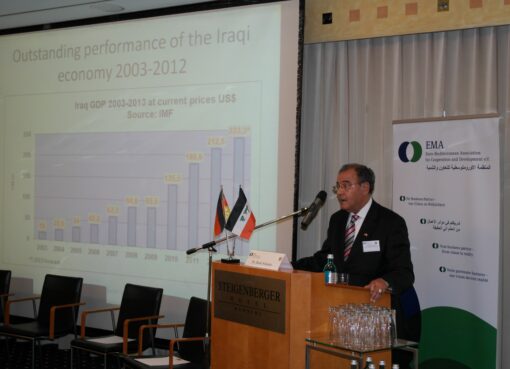Last month, protests broke out in Basra after the Iranian government cut one-third of the total electricityused by Iraq’s second-largest city. Demonstrations against power shortages and other longstanding grievances such as unemployment quickly spread throughout Iraq’s Shia-majority south, leading Prime Minister Haider al-Abadi to dismiss his minister of electricity. Iran, a major provider of Iraq’s electricity in the wake of the war against the Islamic State group (ISIL), variously blamed its neighbor’s nonpayment of electricity bills, spiraling electricity demand and demonstrations at home, and U.S. sanctions for the shortfall. Some Iraqi politicians have countered that Iran deliberately cut electricity to weaken Abadi, a U.S. ally, and strengthen its hand in forming a new, more Iran-friendly government. One Iraqi official decried Tehran’s decision as “political blackmail.”
With Iran unable or unwilling to restore most of the power, Iraq has engaged Saudi Arabia and Kuwait in the hope that one or both might help alleviate the crisis. A flurry of proposals and denials has followed on all sides, with some suggesting that Iran is deliberately pressuring Iraq to reject Gulf Cooperation Council (GCC) assistance. Certainly, the Iraqi government has appeared to be ultra-sensitive to Iran’s concerns on the matter. When Bloomberg reported on July 29 that Iraq had arranged for Saudi Arabia to supply it with electricity at one-quarter of the price charged by Iran, an Iraqi government spokespersonrushed to deny the deal on Iranian state television.
To continue reading download PDF. Click on following link








Comment here